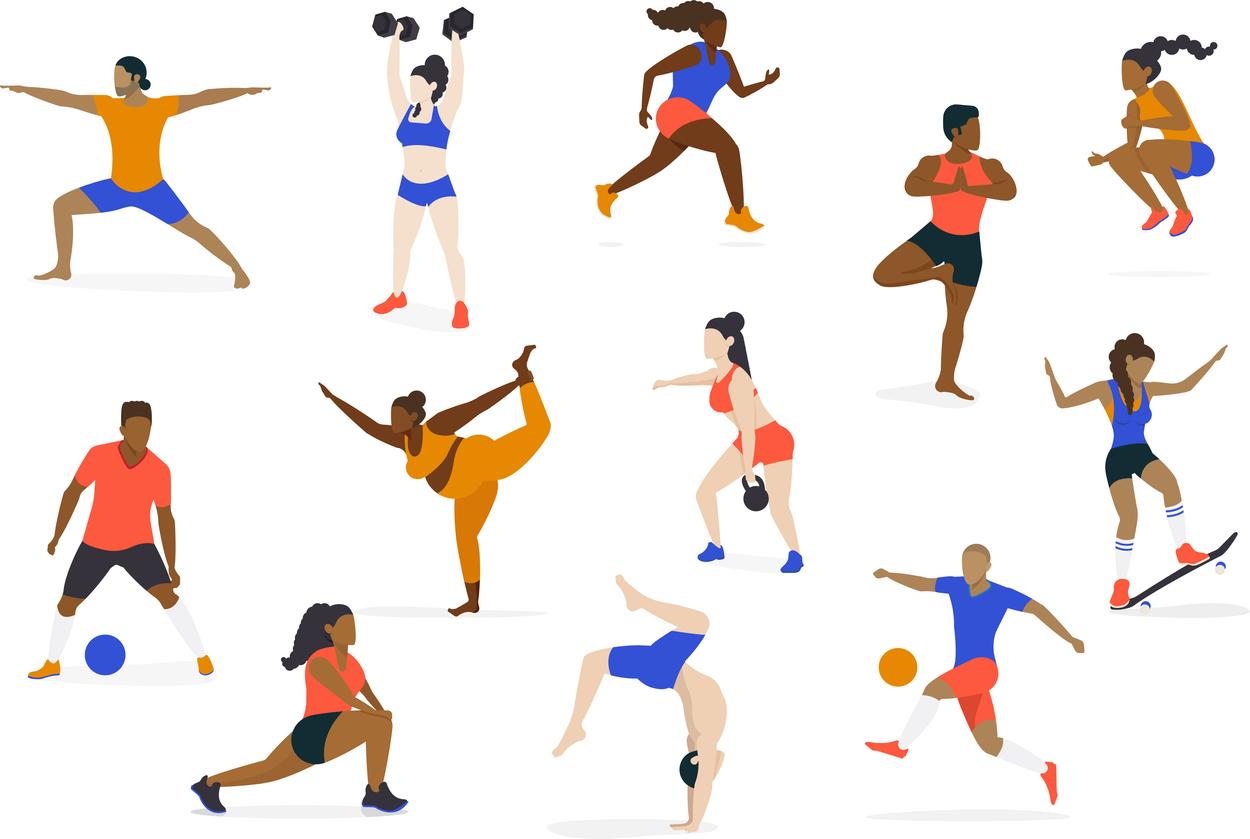A recent study suggests that highly intelligent narcissists are less likely to exhibit narcissistic rivalry, that is, they have less need to devalue others or see them fail.

An exaggerated sense of self-importance, a strong need for admiration, and a tendency to exaggerate one’s own abilities and skills… We we have all come across narcissists. What we know less is that this personality type is based on two components: narcissistic admiration (an excessive, self-centered desire to be admired by others)and narcissistic rivalry (the need to devalue others or witness their failures). A recent study, conducted in Australia, provides a better understanding of how these people function based on their IQ.
THE narcissist with a high IQ is less likely to devalue his surroundings…
The researchers followed 422 participants who completed the Narcissistic Admiration and rivalry Questionnaire and tested their intelligence in order to better understand the mechanisms of these people who have high self-esteem. The results are published in the edition of Personality and Individual Differences of July 2023. They reveal than highly intelligent narcissists, either an IQ over 115, were less likely to show signs of narcissistic rivalry. Thus, if they have an excessive desire to be admired, they are less likely to devalue those around them or to rejoice in their mistakes to boost their ego.
In contrast, narcissistic participants with lower intelligence test scores were more likely to exhibit these rivalry traits.
… but he thinks he’s more smarter than he is
The scientists also found that participants whose functioning relied heavily on narcissistic admiration for self-esteem tended to exhibit greater narcissistic rivalry, too. However, this association was considerably less pronounced in people with high IQs.
According to this work, more intelligent narcissists also tended to estimate their scores on various intelligence tests higher than they actually thought.were. Participants who used the narcissistic admiration mode a lot were also more likely to rate their own intelligence as higher, even if their scores were lower.
For their part, people adept at narcissistic rivalry obtained lower scores on intelligence tests. The results of the study are therefore consistent with the idea that narcissism is associated with a biased perception of intelligence and self-esteem.
Although the work offers interesting data on the relationship between narcissism, intelligence and narcissistic rivalry, it has limitations. Notably, the sample was composed of young adults, which may limit the generalizability of the results.

















